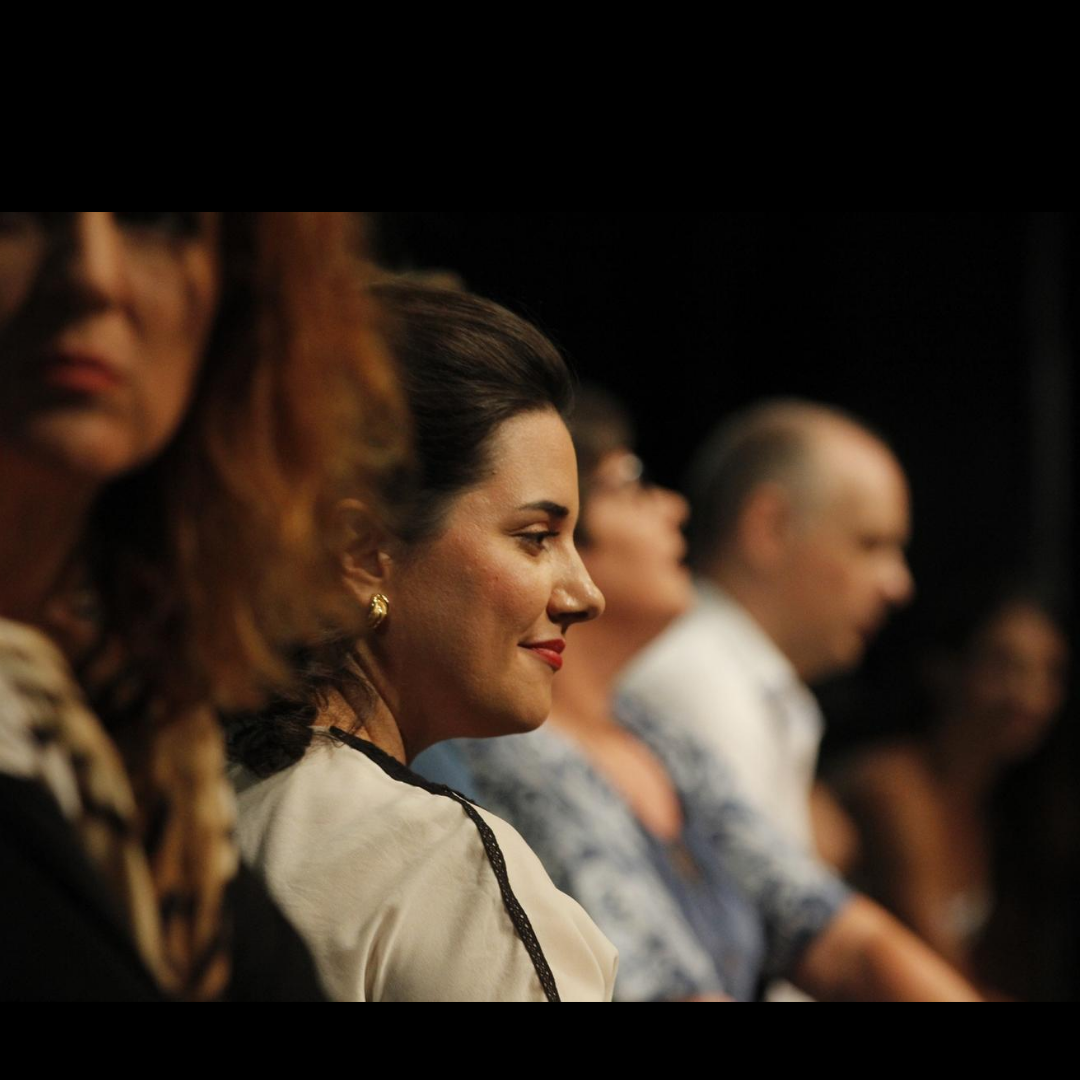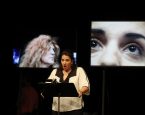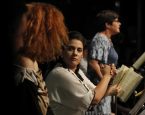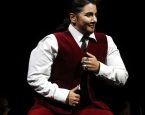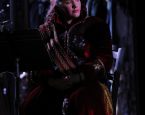“Julius Caesar in Egypt – Anew” is the last premiere of this unusual season, scheduled for Friday, July 31 at 8 PM. Everyone who watched the first version of this Händel opera four years ago knows that the main role is played by a woman, Diana Haller. The role of the conqueror is very much for her; she won over the audience the first time, and now she’s back for more.
But there is a lot of novelty in the opera that has brought new times and new strength. The young, extremely successful mezzo-soprano from Rijeka, currently residing in Stuttgart, shared with us what it is like to work under new conditions and what has changed over time in the spectacle of the new Julius Caesar in Egypt led by the creative team, conductor, soloists, choir, orchestra and ballet of the Rijeka Theatre.
You are playing Julius Caesar again, after four years. How does it feel in the midst of the current situation – the waiting for, anticipation of, and ultimately setting of the planned premiere?
I’m so glad to be here again. I am happy that all of us who were part of the 2016 company have developed, as has the orchestra.
The orchestra developed with the conductors who conducted here, which I consider extremely important. They go through all the centuries and all the styles. You can feel that. We have all matured and developed over the past four years; in the meantime we have sung other roles, some voices have become higher, some have darkened, some have greater resonance in heights, some in depths…
The premiere was on May 7, 2016, followed by reprises, then we performed the opera on March 17, 2017 in Ljubljana. From then until about a month ago when rehearsals began, no further work was done on “Caesar.” Unfortunately, the premiere scheduled for three months ago was cancelled due to the pandemic, and we didn’t know what would happen. I arrived in Rijeka and from week to week we waited and followed the development of the situation. It’s been an unpredictable catastrophe for the entire world in all segments. Everyone is very relieved, and we are very fortunate to be able to open and hold premieres. And what kind – everything is there; the audience will be able to see a complete stage and music spectacle. Of course, in keeping with protective measures, we reduced some of the “action.” There were many ideas that included kisses and the like, but in this situation, logically, they weren’t possible. Maybe next season in Rijeka and then in Finland. We will see how the situation develops. The Theatre carefully follows the measures; I want to emphasize that.
In Germany, and at your home in Stuttgart, you don’t have the opportunity to perform in operas, from when to when?
My last performance on stage was in Hamburg on March 11, and since that date I have not had a stage production. As soon as the theatres opened we had concert performances, but no real stage performances took place. In Germany, in Stuttgart, it is highly unlikely that any stage spectacle in this sense will happen between now and September 1, but I think it will be until further notice. We have to have a distance of 6 meters there. How do you do that – how do you put together an orchestra? Singers? Choir? It doesn’t work. How can you play if you aren’t together?
I am very glad that I can perform in front of the Rijeka audience in the true sense, on stage.
You are on stage for four hours, in the lead role; this long season is coming to an end, a lot of it is behind you…
The rehearsals are demanding. We are at the end of the season, with the covid break, but still a lot had already been done before that. And even while we were at home, we had to practice every day. Sure, we’re tired at the end of the season, but with the desire to put on this demanding show after the global lockdown, those four challenging hours of the performance are a great joy.
What is new in the show compared to the 2016 premiere? Try to single out at least something for us.
There are changes in the company. The role of Cornelia is played by Dubravka Šeparović Mušović, and Sesta is played by the great Austrian singer Michaela Selinger, who brings her experience to both the stage and music, while Nirena is performed by Marko Fortunato. He experiences a…transformation in the play. (laughs) I wouldn’t reveal more than that, but for me it’s one of the highlights of the new version of the show. You will see. He is a great stage talent and I enjoy his every move
Curia is now portrayed by the young Ivan Šimatović.
Also, new technologies are on stage. The cameras significantly change the whole first act, the “sitz” in which we slowly become the characters we’re portraying. We are now filming with cameras, and on the screens the audience can see our every grimace, our slightest movements. I think it’s a big challenge for us, at least it certainly is for me, because so far I haven’t had such an experience in a show. We singers had to get used to it. With each rehearsal it became easier and more natural for me to work with the cameras, with close-ups and showing details.
Do you film one another or yourselves? In addition to perfect voice and acting performance and movement, do you have to pay attention to everything that recording brings with it?
We film ourselves. This is so that someone sitting farther away can quite clearly see an expression worth seeing that is otherwise not visible in theatre. Marin Blažević introduced this excellent idea, because it opens up a number of possibilities for the show – when you perform in theatres, halls, and arenas where people sit very far away, those details are lost. Which is a great pity.
Are there any other particular challenges for you, for your Julius Caesar?
I would say my last aria. In addition to the fact that the aria is already extremely difficult, we have also developed additional choreography that involves fencing. It also brings danger to the aria; when you move so much and sing 1,055 notes, of course you can run out of breath! But I trained in the lockdown during the pandemic!
My Julius Caesar is even more refined. There’s more action – if I simply stood and sang an aria four years ago, now I’m doing much more. Come see!
Interview with Andrea Labik


